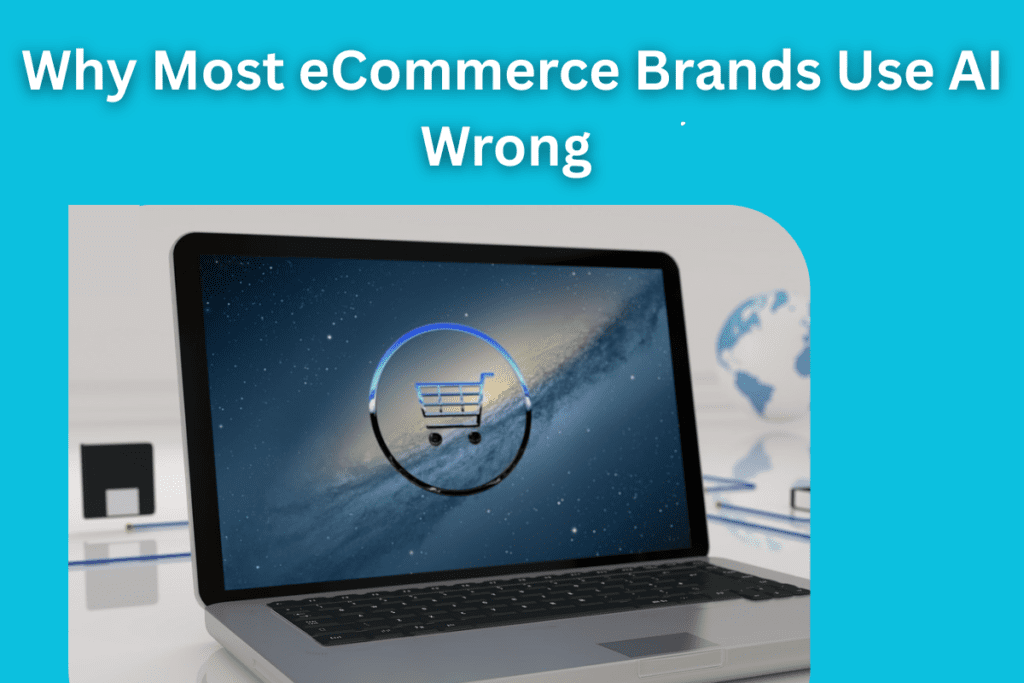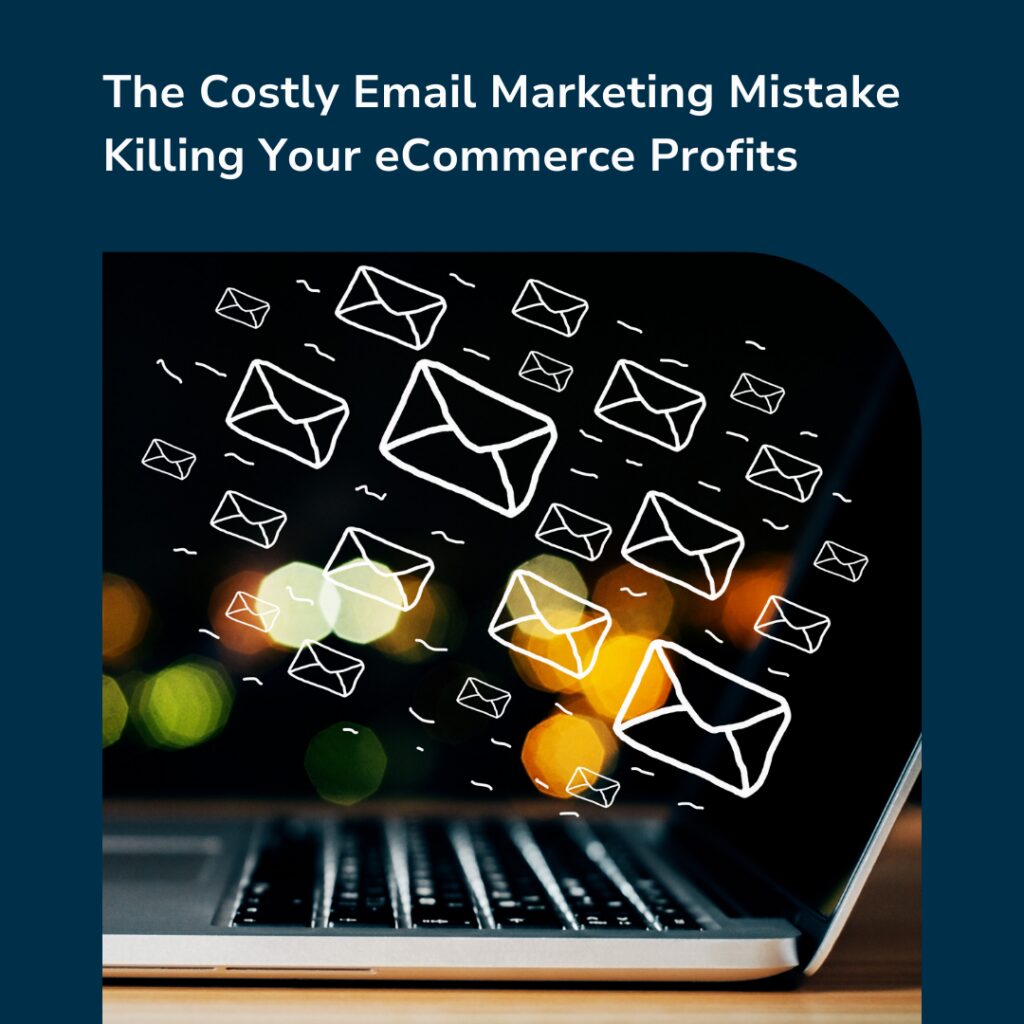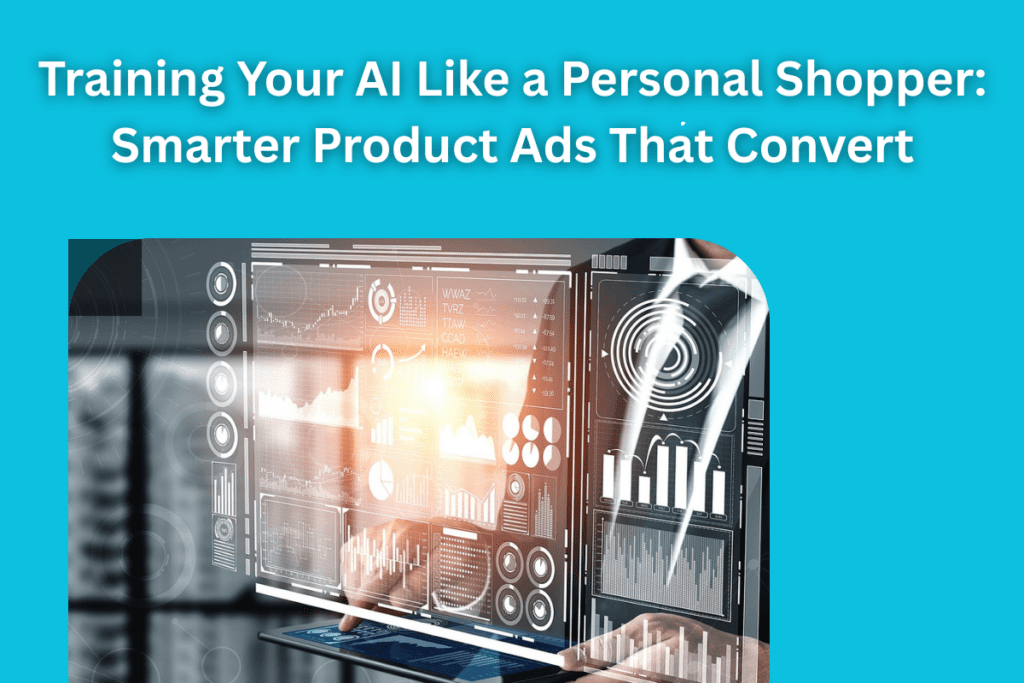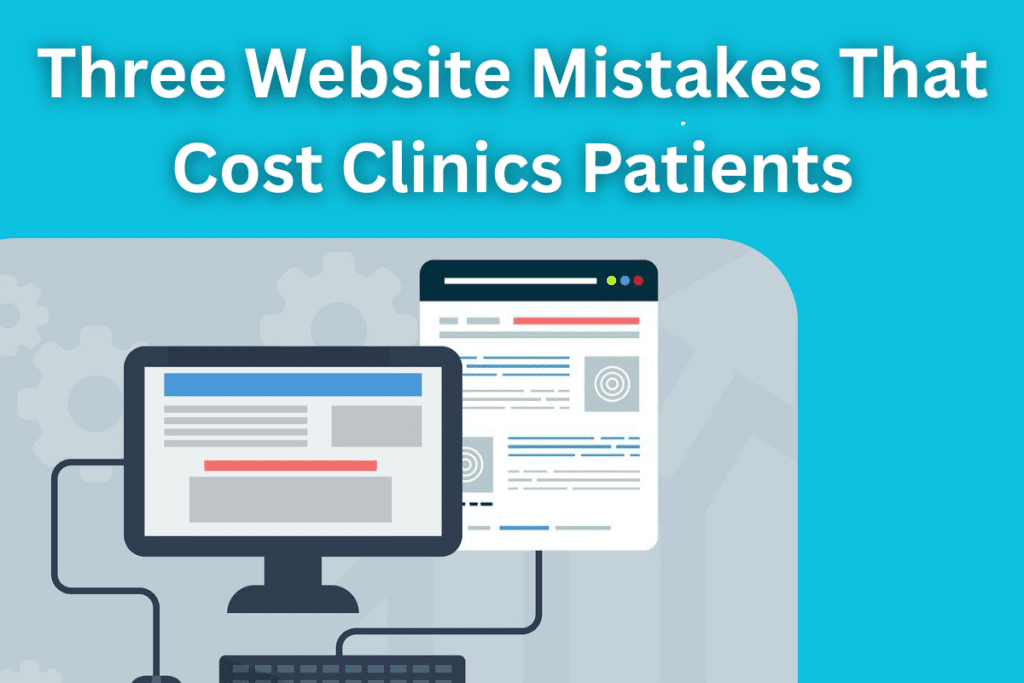Tags – Deep Learning in Marketing
Deep learning is a subset of machine learning that utilises artificial neural networks to learn how to perform specific tasks.
Deep learning has been shown to be very effective in areas such as image recognition and natural language processing.
In this blog post, we will explore how deep learning is being used in the marketing field, and some of the benefits that it can offer businesses.
Deep Learning in Marketing
In the marketing field, deep learning can be used for tasks such as sentiment analysis, spam detection, and email categorisation. Beyond that, deep learning can also be used for:

1. Decision-Making
Deep learning can also be used to improve marketing decision-making.
For example, deep learning can be used to predict customer churn or to identify which customers are most likely to purchase a product.
2. Marketing Efficiency
Deep learning can also be used to improve marketing efficiency.
For example, deep learning can be used to optimise ad placement or to identify the most effective times of day to run certain ads.
Deep learning can also be used to improve marketing effectiveness by identifying the most effective ad copy and images for a given campaign.
3. Customer Engagement
Finally, deep learning can be used to improve customer engagement by personalising content for each individual user.
More specifically, deep learning can also be used to improve the customer experience by identifying what content is most relevant and engaging to each user.
For instance, with deep learning, you can automatically answer common questions.
Where to Utilise Deep Learning
Here are a few ways you can utilise deep learning:
- Make your pricing structure more dynamic in certain cases for maximum flexibility based on specific customer interactions and marketing incentives
- Make heat maps of where your consumers take the most action on your website and integrate those data into your business analytics platform.
- Establish value models that can be used to assess a client’s behaviour over time and predict how much money they will spend with you in the future.
- To more appropriately communicate with your customers and segment them based on where they are in the purchasing process.
- To process images and categorise them.
- To offer your customers a customised experience and make hyper personalised recommendations.
- To determine which of your consumers may abandon your business by using churn modelling.
- Build more sophisticated algorithms that help your company work more efficiently for you and your customers
- Manage claims, detect fraud, enhance safety, and more.
Potential Hindrance
Personalisation is one of the most exciting applications of deep learning in marketing.
In fact, personalisation is already a big trend in marketing, and it’s a major hit with customers – personalised emails have six times the transaction rate of regular ones
However, privacy issues and a lack of data-gathering capabilities might create roadblocks to effective personalisation.
On a positive note, artificial intelligence is a fast-moving, developing field, and we can anticipate many new possibilities and marketing automation in the years ahead.
AI in SEO
SEO is one area where AI is likely to outpace human marketers.
When it comes to search engine optimisation, you must be data-driven. The search engines employ their own algorithms to determine which order to put websites in, Because of this, it’s a great fit for technology..
There are already automatic website creation tools on the market that adjust design and content in real time to improve for SEO.
This is more efficient than testing and experimenting manually, and it also enables websites to automatically adapt to algorithm changes without the need for a human SEO expert.
In fact, Google is heavily investing in deep learning and already offers cloud tools that allow you to create your own deep learning software without the need for professional software engineers.
This is just one indication that while AI becomes more complicated and powerful, it is also becoming more accessible to everyone.
To learn more, get in touch with us today.
In the meantime, check our extended digital marketing services.
You may also like:
- Marketing Needs Purpose; Not Just Campaigns: Unilever Marketing
- The Role of Artificial Intelligence (AI) In The Future of Marketing
- Our Top 4 Tips for a Successful LinkedIn Video Marketing Campaign
- Marketing Management – 8 Tools to Help Run Your Campaigns Smoothly
- LinkedIn Marketing – A Detailed Future-Proof Look










